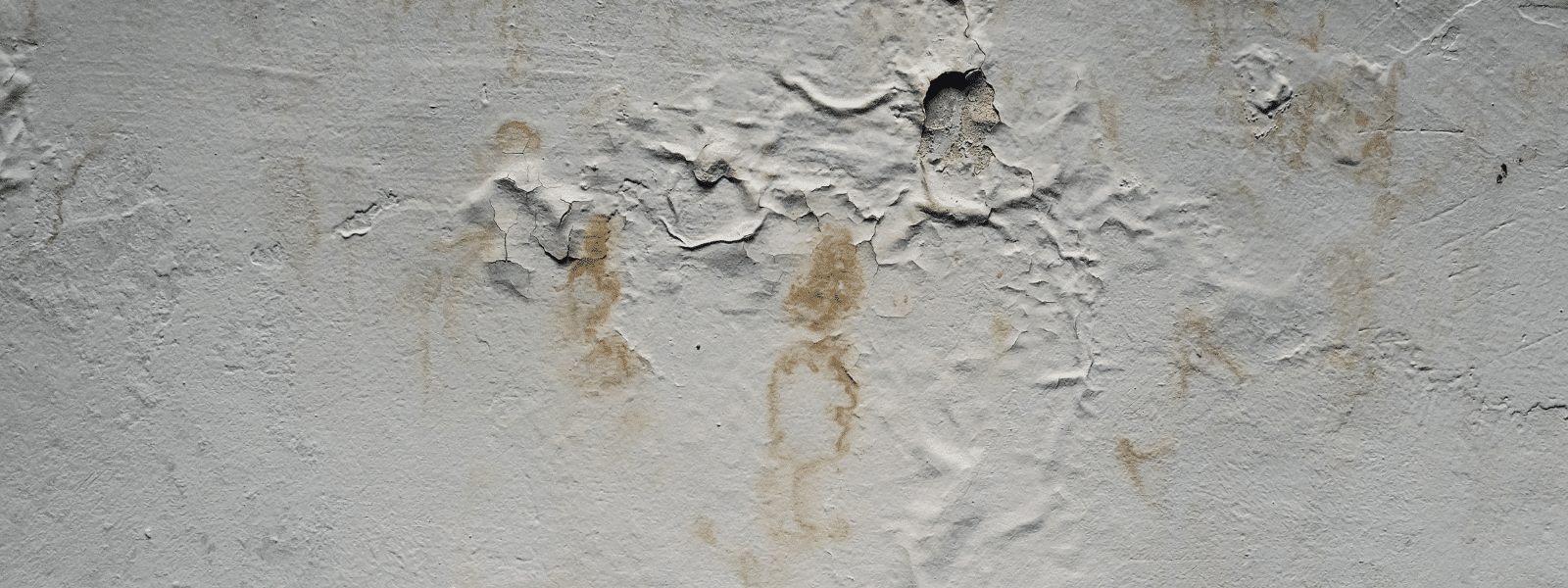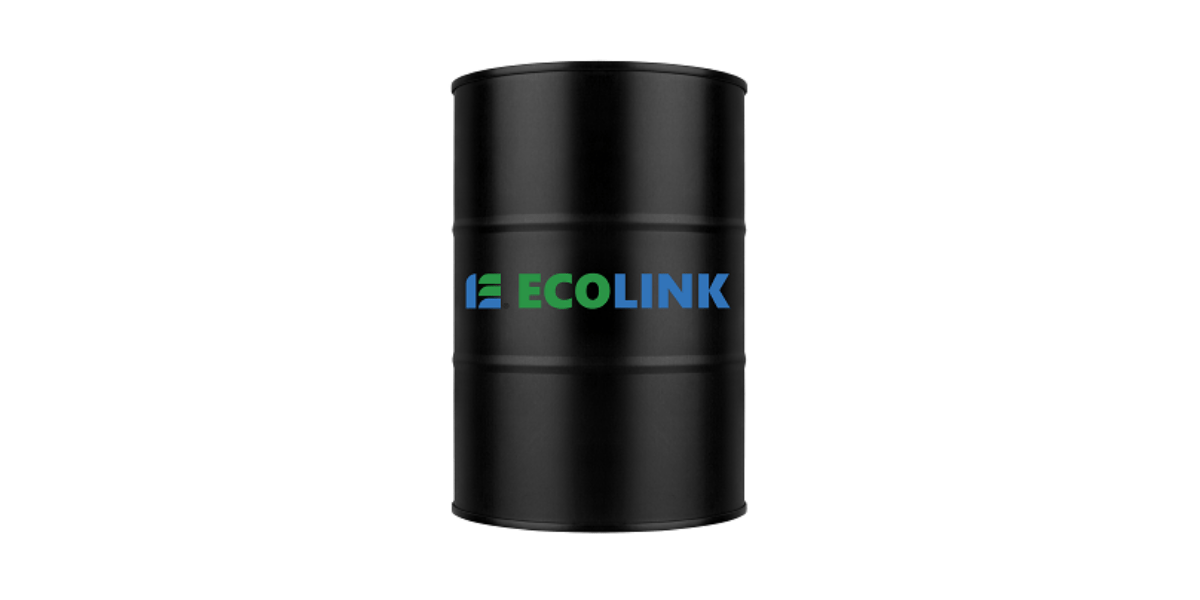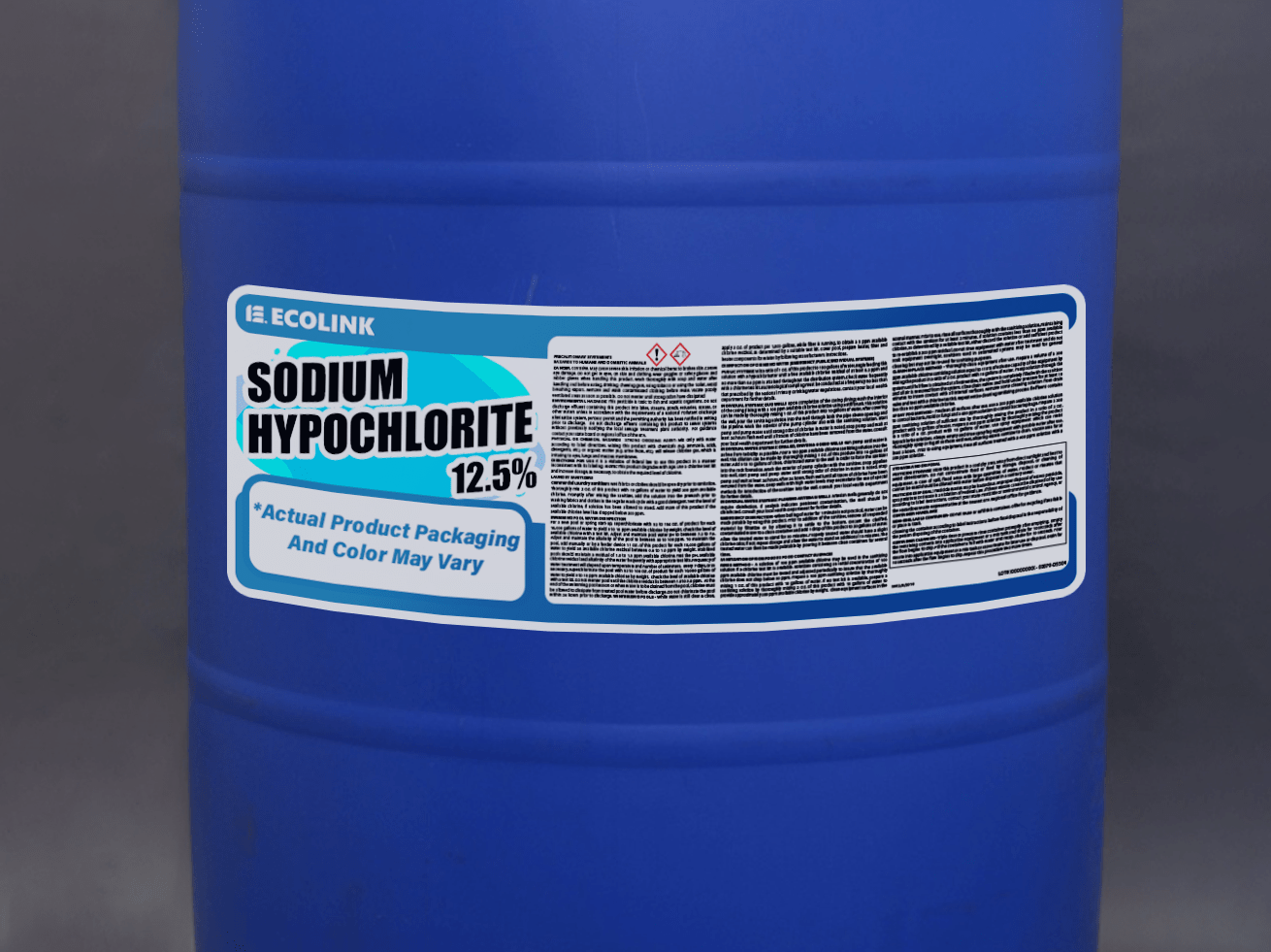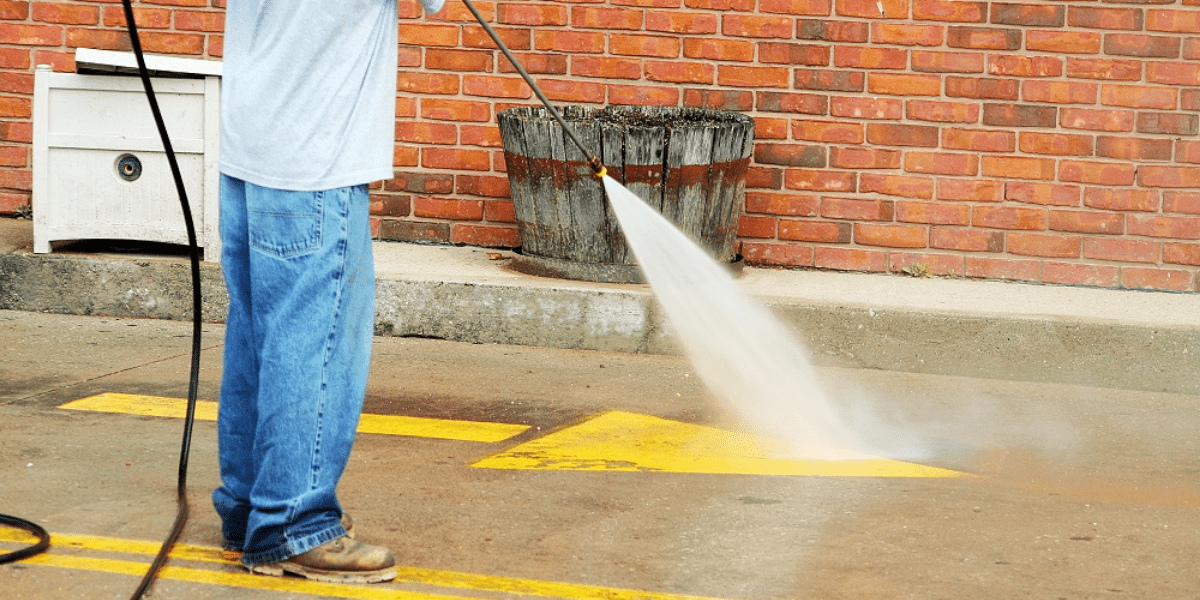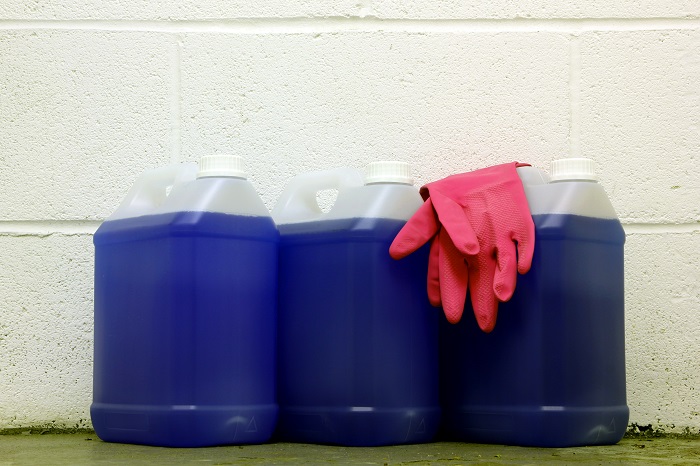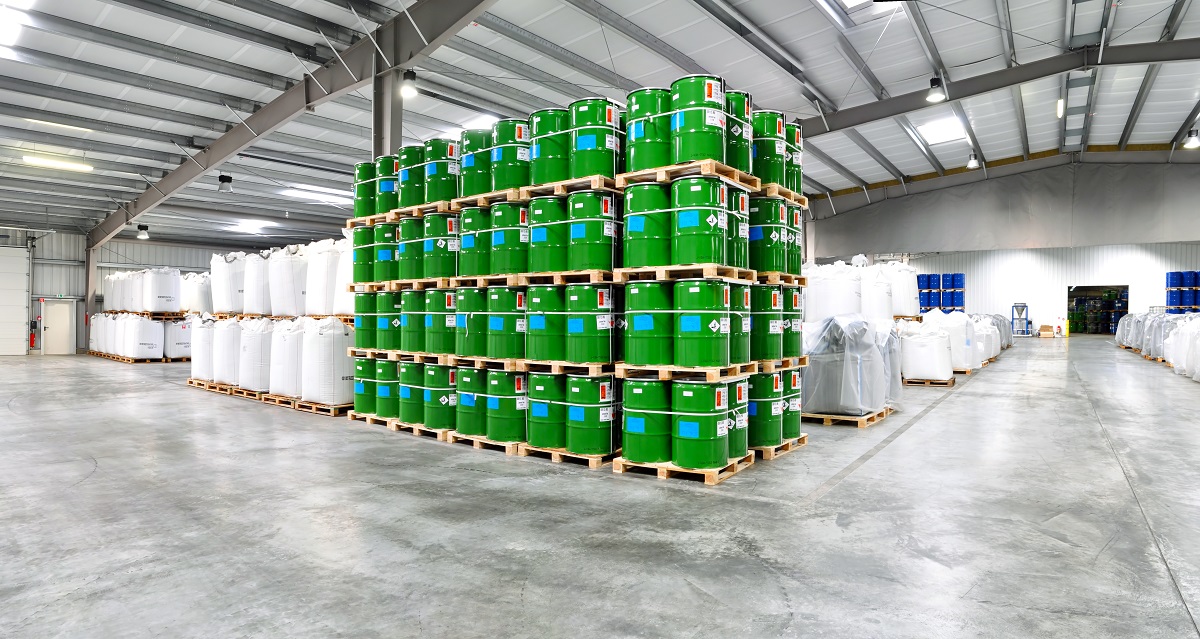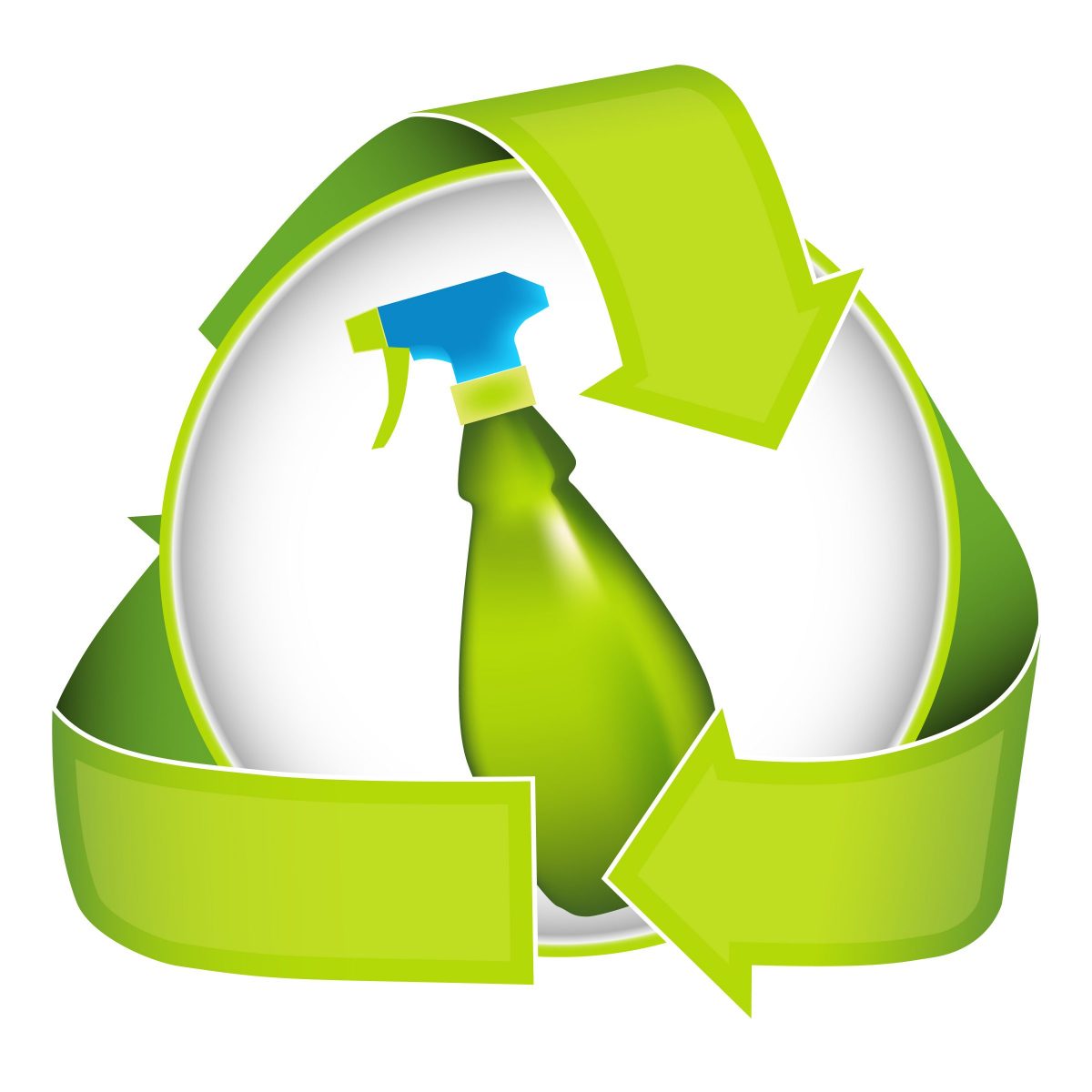Paint removers are aggressive chemicals that are used to strip various paints and coatings. They work by penetrating the layers of a coating and...
Blog


CHEMICAL INDUSTRY NEWS
Chemical Chat – Discover What’s New!
Sodium Hypochlorite House Wash Mix
Why use sodium hypochlorite house wash mix? Sodium hypochlorite (the chemical name for bleach) is an additive used in varying cleaning products...
Sodium Hypochlorite For Soft Washing
Why is sodium hypochlorite for soft washing recommended? Sodium hypochlorite, (the chemical name for bleach) is commonly used as a disinfectant...
Benefits of Sodium Hypochlorite Pressure Washing
How can sodium hypochlorite pressure washing help you with your cleaning projects? Sodium hypochlorite (the chemical...
Sodium Hypochlorite House Wash Mix
Why use sodium hypochlorite house wash mix? Sodium hypochlorite (the chemical name for bleach) is an additive used in...
Company News
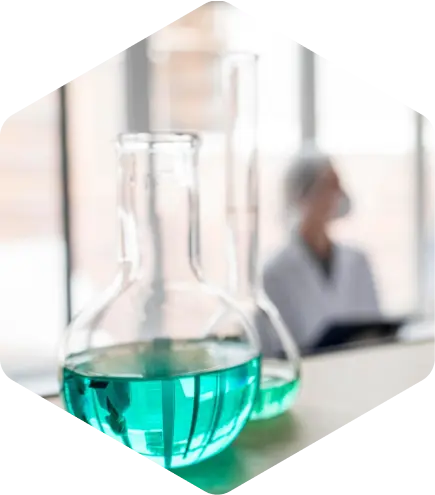
Managed Services
Discover the Latest in Safe and Sustainable Chemical Solutions
Stay informed with Ecolink’s blog! Subscribe now
Chemical Management Information
Stay updated with us
Sign Up for the Latest Updates
Stay informed about chemical supply chain disruptions and emerging innovations to keep your business at the forefront of efficiency and innovation. Uncover new ways to make your business practices more sustainable by incorporating safer products into your cleaning lineup.



